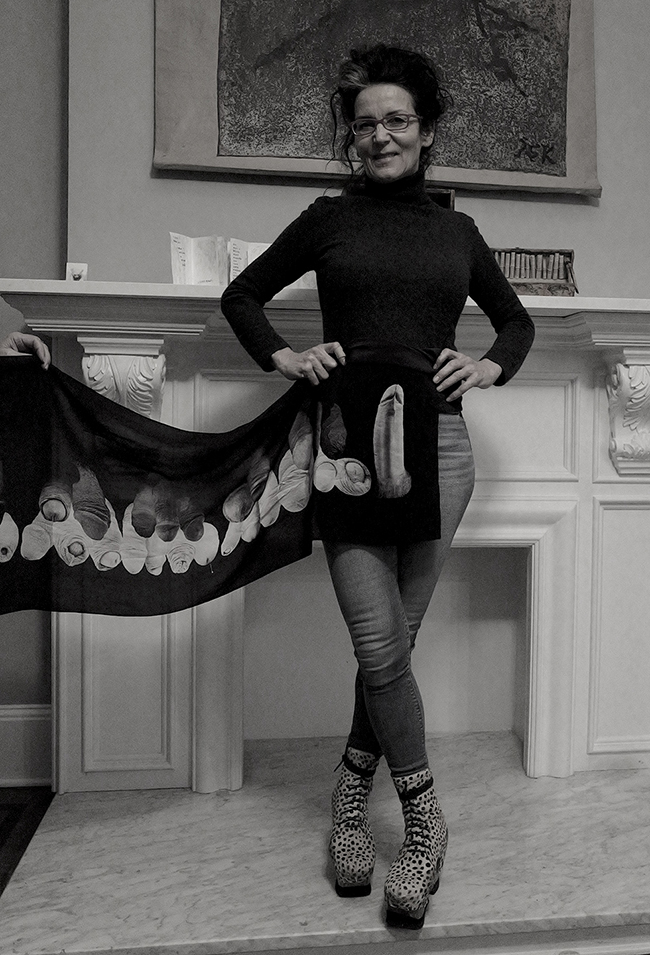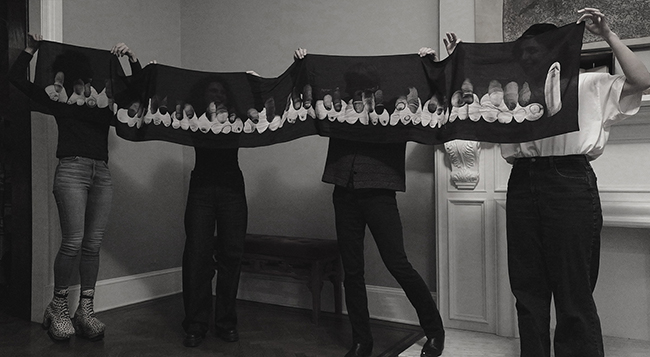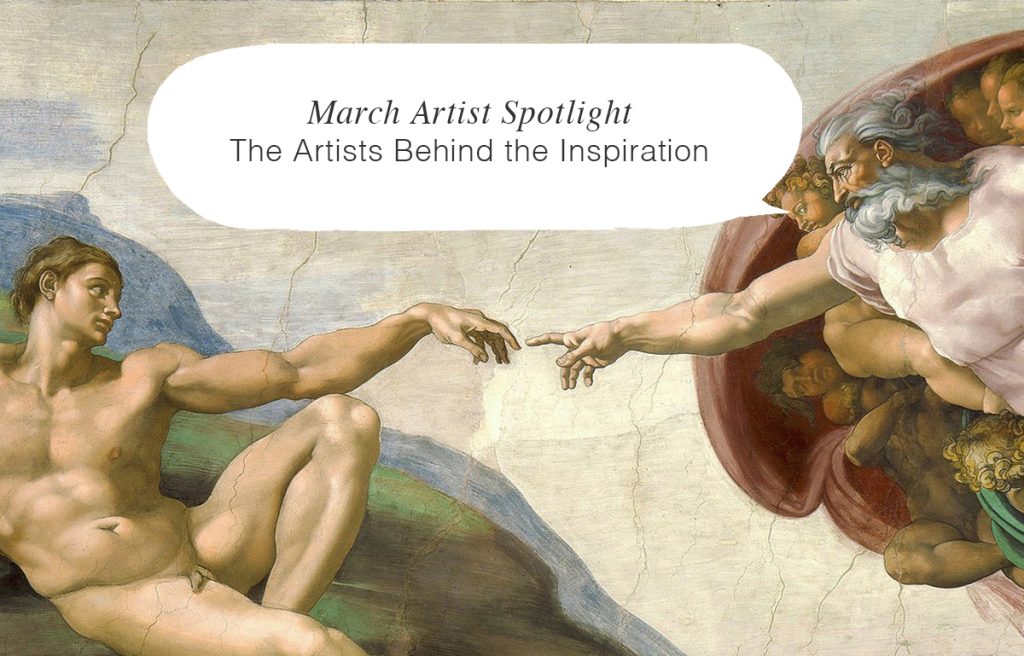Cynthia Karalla doesn’t just create art—she dissects reality and reassembles it with a sharp eye, a dry wit, and a fearless sense of purpose. Originally trained as an architect before turning to photography and fine art, Karalla brings structure and disruption into balance. Her work is rooted in personal history and lived experience, often drawing from a childhood that she describes as “an insane journey.” In both real and digital cityscapes, she hunts for overlooked moments, transforming the messiness of modern life into something reflective, often humorous, and defiantly honest. Karalla treats negatives—both photographic and metaphorical—as raw material for transformation. “What is photography,” she asks, “if not a tool to shake up our view of the sensible in this chaotic post-digital reality?” In this interview, she talks about turning adversity into art, keeping her soul intact, and reminding us that life—no matter how strange—is meant to be played with.


Here is the artist’s interview.
What is your creative process like?
My process is taking those darn negatives that try to convince us we are victims, when they are really a gift from the universe, and turn them into a new positive.
Do any personal experiences shape your work?
My whole childhood was an insane journey that proves anything is a possible. That is why it is called, “It’s Craigslist, Toots!”
What challenges do you face as an artist?
Staying alive, in mind, body and soul.
What do you want people to feel when they see your art?
Life is an adventure, have fun with it. All is possible because we each have a monopoly; there is only one of us.

Cynthia Karalla’s work reminds us that art doesn’t have to be tidy to be true. Her unfiltered approach reflects a belief that life, in all its chaos and contradiction, is full of creative potential. Whether she’s reworking a negative or flipping an absurd Craigslist post into art, her message is clear: everything is material, and nothing is off-limits. Through her lens, each of us holds a unique monopoly on our story—so we might as well enjoy it. With humor, grit, and imagination, Karalla invites us to see the world not as it should be, but as it could be.


